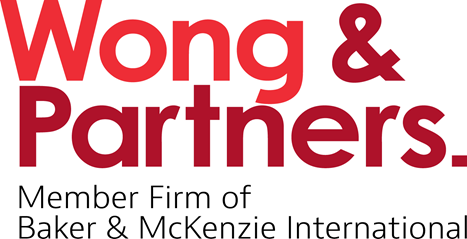In brief
Effective 1 September 2022, substantial amendments will be made to the Employment Act 1955 (“Act“). From 1 September 2022, all employees in Malaysia will be entitled to protection under the Act, except for certain identified sections of the Act (“Excepted Sections“).
Key takeaways
Currently, the Act only applies to those earning less than RM2,000 and specific categories of blue-collar workers, such as manual labourers, supervisors of the manual labourer and drivers. The amendments means that a much larger section of the Malaysian work force will now be entitled to protection under the Act.
Excepted Sections
The Excepted Sections will not apply to employees who earn more than RM4,000 per month, unless they fall under the categories of blue-collar workers, such as manual labourers, supervisors of the manual labourer and drivers.
The Excepted Sections are:
- Section 60(3) relating to additional pay for working on rest days
- Section 60A(3) relating to overtime pay
- Section 60C(2A) relating to entitlement to allowances during shift work
- Section 60D(3) and (4) relating to public holiday rate of pay
- Section 60J relating to termination, lay-off, and retirement benefits
Effect of the amendments
The amendments have redefined the categories of employees who will be entitled to the minimum standards and benefits under the Act (“Minimum Standards“).
The Minimum Standards which address fundamental subject matters such as annual leave, sick leave, working hours, rest days, public holidays, maternity and paternity protections, sexual harassment and discrimination protection, right to request for a flexible working arrangement, etc., will now apply to all employees, including expatriates. That said, if the existing contractual terms of the employees exceed the Minimum Standards, those more favorable contractual entitlements will prevail. It is only if the contractual terms fall below the Minimum Standards that the Act will serve as a statutory ‘floor’ and the Minimum Standards will apply.
Even though the amendments now provide protection to a much larger section of the Malaysian work force, the amendments will not provide the entitlements/protection under the Excepted Sections to those who earn more than RM4,000 per month, unless they happen to fall under the categories of blue-collar workers, such as manual labourers, supervisors of the manual labourer and drivers.
Employers should also take note of the new procedures prescribed by the Act, especially the requirement to obtain prior approval from the Director General of Labour for the employment of foreign employees. The form and manner of the approval process has yet to be announced. That said, stringent conditions have been introduced for the approval. The employer must have no outstanding convictions under the Act, the Employees’ Social Security Act, the Employees’ Minimum Standards of Housing, Accommodations and Amenities Act, or the National Wages Consultative Council Act, and have not been convicted for any anti-trafficking in persons and forced labour-related offence.
More employees will now have the right to file complaints relating to disputes on wages and other cash payments, discrimination, and sexual harassment to the Director General of Labour.
Failure to comply with the provisions of the Act will on conviction, attract a financial penalty up to a maximum of RM100,000, and a director, manager or officer of a body corporate may be charged jointly or severally for the offences.
Finally, all employers should note that there is no transitional period for these amendments. This means that they will immediately come into effect on 1 September 2022 without a grace period. Employers should take stock of their existing contracts of employment and template agreements to ensure they are consistent with the amendments. On-going transactions involving employee transfers will also need reframe the categories of employees to whom the transfer provisions under the Act will now apply to.
* * * * *

This client alert was issued by Wong & Partners, a member firm of Baker McKenzie International, a global law firm with member law firms around the world. In accordance with the common terminology used in professional service organizations, reference to a “partner” means a person who is a partner or equivalent in such a law firm. Similarly, reference to an “office” means an office of any such law firm. This may qualify as “Attorney Advertising” requiring notice in some jurisdictions. Prior results do not guarantee a similar outcome.



